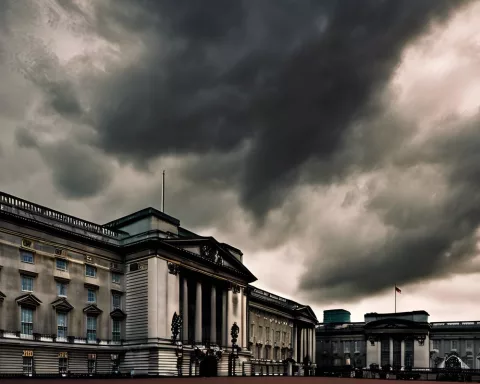As Easter approaches, it is time to revisit the age-old traditions that have been passed on through generations, each adding its own unique twist to enrich the customs. From decorated eggs to chocolate treats, Easter is a time of celebration and joy that has stood the test of time.
The Origins of Easter Traditions
Many of the Easter traditions we observe today trace their roots back to medieval Christian or pagan beliefs. The eating of eggs, for example, has long been associated with renewal and rebirth, making them a perfect symbol for the story of Jesus’ resurrection and the arrival of spring. In the Middle Ages, eggs were prohibited during Lenten fasting meals, but clever chefs found ways around this rule, even making mock eggs to replace the real ones. However, on Easter, eggs and meat, especially lamb, were back on the table as a symbol of renewal.
The Evolution of Easter Eggs
Across Europe, Easter eggs were given as a tithe to the local church on Good Friday, and this practice may have helped inspire the idea of giving eggs as a gift. Decorating eggs with patterns and colors is also an old custom, with some evidence pointing to the 13th century. English villages kept this tradition going until the 19th century, with petal decoration being the most popular way of decorating eggs.
When chocolate arrived in Britain in the 17th century, it was a luxury, and it was usually spiced with chili pepper following Aztec and Maya traditions. By the 19th century, chocolate had become more accessible, and the first solid chocolate bars were made in 1847, revolutionizing the chocolate trade. Thirty years later, in 1873, the first chocolate Easter egg was developed as a luxury treat, merging the two gift-giving traditions.
The Changing Face of Easter Eggs
Today, chocolate eggs have become a ubiquitous part of the Easter holiday. However, the adaptability of tradition is evident even in Easter eggs. With rising concerns over long-term chocolate production and bird-flu provoked egg shortages, future Easters may look a little different.
As we remember the traditions of Easter, we can appreciate the significance behind each of them. Whether it’s the story of Jesus’ resurrection or the renewal of spring, Easter is a time of hope and rejuvenation. The evolution of Easter traditions demonstrates that while we may change with time, the meaning behind our customs remains the same.








